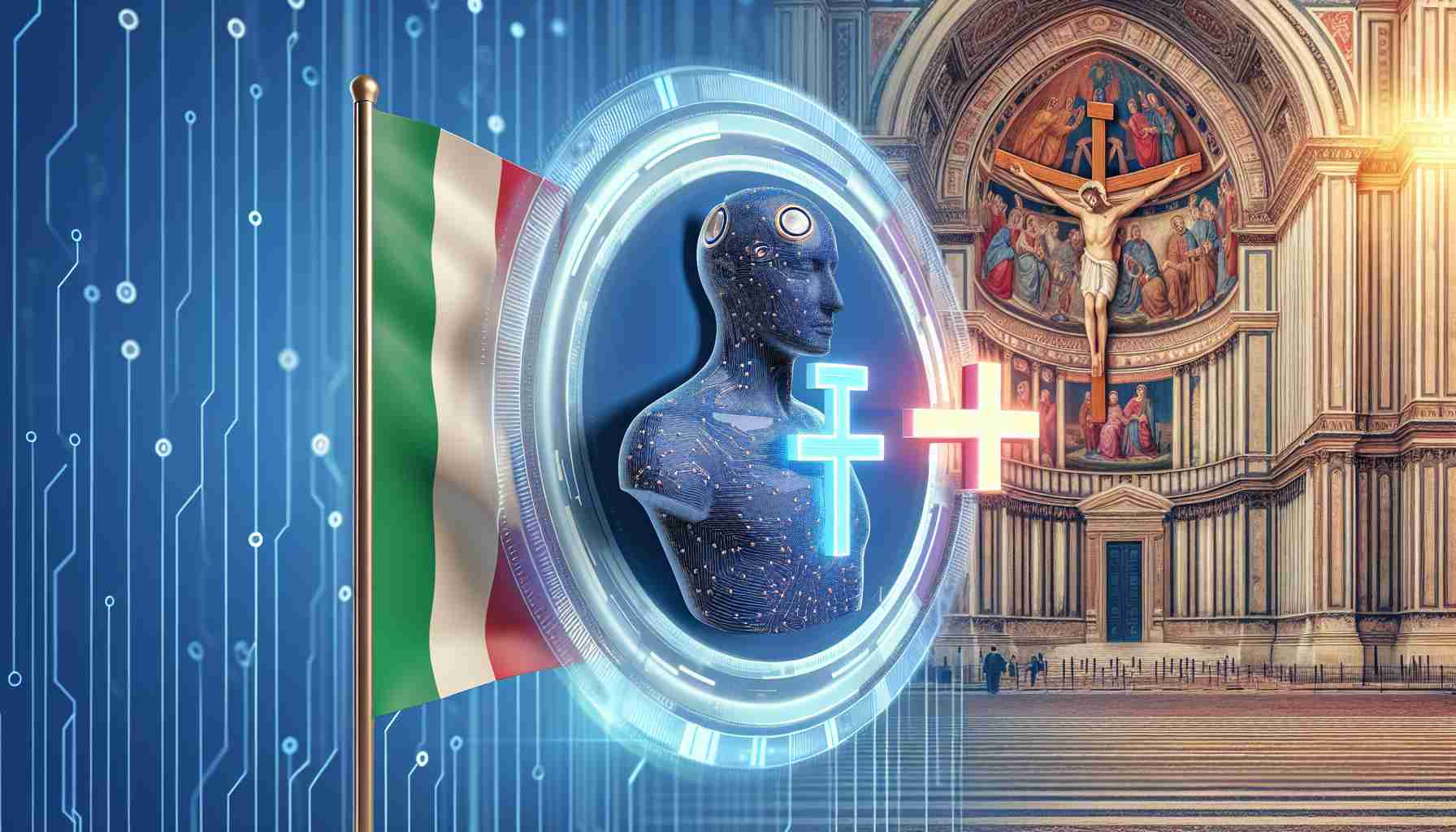Italy has taken a distinct stance on artificial intelligence (AI) during its presidency of the G7 group, aiming to boost ethical standards for AI in line with the Vatican’s vision. Prime Minister Giorgia Meloni delivered a video message detailing her ambition to elevate the “Rome Call for AI Ethics” initiative. This is part of a broader commitment to frame AI development within a moral compass, a cause championed by the Holy See.
The Italian leadership is poised to spotlight this initiative during a summit in the Puglia region, bringing the topic to the forefront of international discussions. Notably, Pope Francis is expected to attend the G7 session that will focus on AI, indicating the Vatican’s active involvement in shaping global discourse on the ethical use of AI technologies.
As the world grapples with the rapid advancement of AI, Italy’s decision to intertwine ethical considerations with technological progress amplifies the call for responsible innovation. This initiative may serve as a blueprint for other nations, suggesting that the G7 could emerge as a collective body advocating for ethical AI globally under Italy’s presidency, with strong moral support from the Vatican.
Italy’s focus on AI ethics aligns with a growing global concern about the implications of AI technology on human rights, employment, privacy, and security. One of the key questions this situation poses is how to implement ethical guidelines in a fast-evolving technological environment where AI systems are becoming more autonomous and powerful.
A major challenge is to ensure that ethical principles are not only discussed theoretically but also operationalized in AI development and deployment. This includes addressing controversies such as bias in AI algorithms, which can perpetuate discrimination, and ensuring transparency and accountability in AI decision-making processes.
Advantages of endorsing AI ethics include fostering trust in AI systems, protecting human rights, and promoting social good. Ethical AI can also help to prevent harmful consequences of AI deployment and enhance the technology’s benefits for society. Conversely, a disadvantage could be the slowing down of innovation due to additional ethical considerations and potential restrictions, which could limit the competitive edge of businesses and nations.
Related to the topic, you might be interested in exploring the European Union’s approach to AI regulation, the United Nations‘ efforts on AI and human rights, or the Organisation for Economic Co-operation and Development (OECD) principles on AI.
From Italy’s G7 presidency perspective, the key challenges are likely to be reaching consensus among diverse member states and ensuring that AI ethics initiatives are inclusive and respect different cultural and philosophical traditions. The involvement of the Vatican brings an authoritative moral perspective, yet it could also raise questions about the separation of religious views and state policies in other countries.

